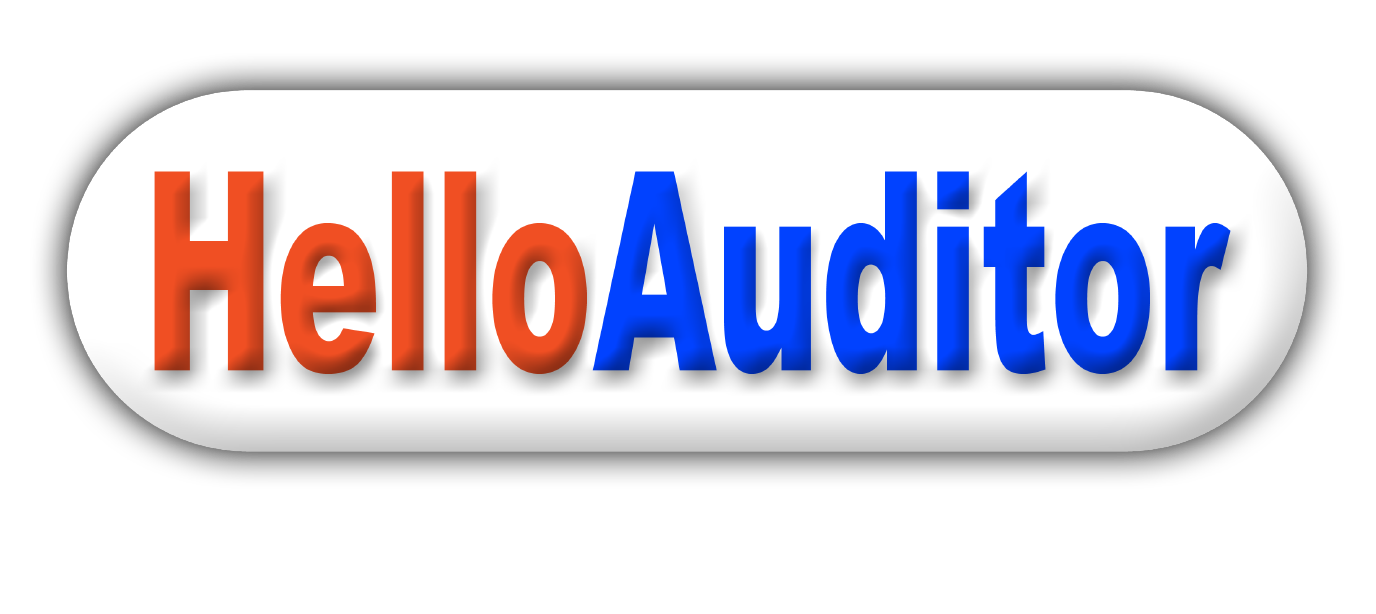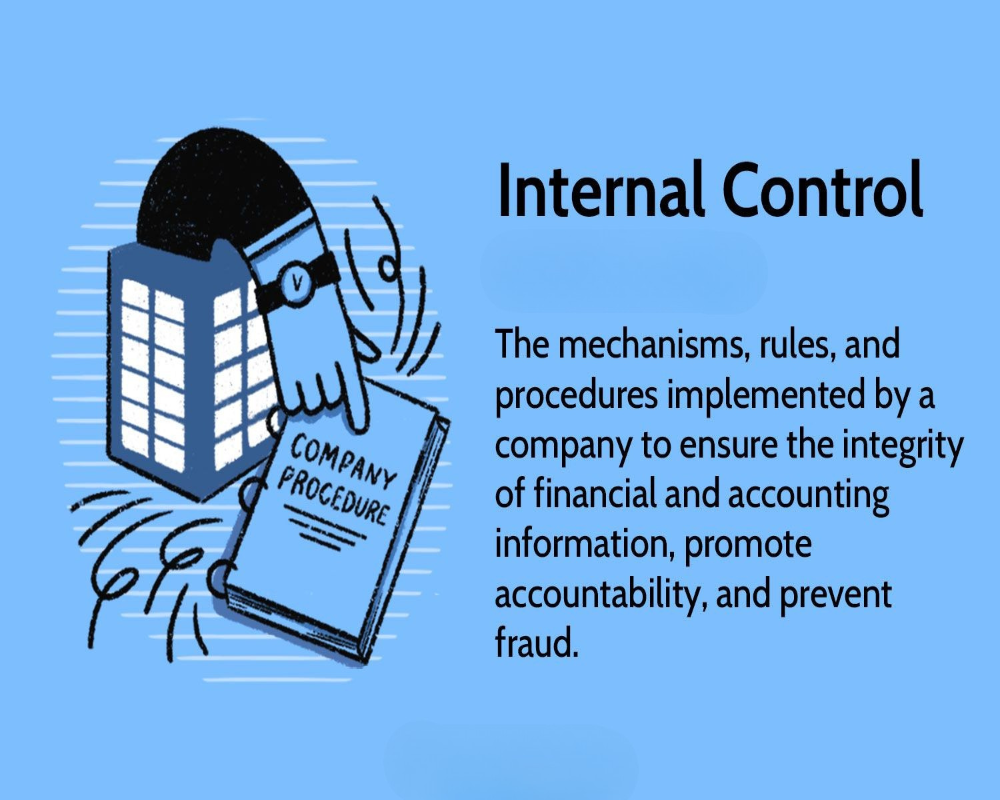Internal Control Systems Required by Public Limited Companies
Introduction
Internal control systems are essential mechanisms that help Public Limited Companies ensure operational efficiency, accurate financial reporting, and compliance with laws and regulations. These systems serve as safeguards against fraud, errors, and mismanagement, thereby supporting sound corporate governance. Under the Companies Act, 2013 and SEBI (Listing Obligations and Disclosure Requirements) Regulations, robust internal control frameworks are mandatory for Public Limited Companies, particularly due to their public accountability and wide investor base.
Definition of Internal Control Systems
Internal control systems refer to structured processes, policies, and procedures implemented by a company’s management to ensure that business activities are conducted in an orderly, efficient, and compliant manner. They are designed to detect and prevent irregularities, ensure reliability of financial information, and protect the company’s assets.
Legal and Regulatory Framework
Section 134(5)(e) of the Companies Act, 2013 mandates directors to state that internal financial controls have been laid down and are operating effectively. For listed companies, SEBI regulations require disclosure of the adequacy of internal control systems in the Board’s Report and annual corporate governance filings.
Components of Internal Control Systems
An effective internal control system includes the following key components:
- Control Environment: The foundation for all other components, including the company’s ethics, integrity, and governance structure.
- Risk Assessment: Identifying and analyzing potential risks that could hinder the achievement of business objectives.
- Control Activities: Policies and procedures such as approvals, verifications, authorizations, and reconciliations designed to mitigate risks.
- Information and Communication: Reliable systems for sharing information within the organization and with stakeholders.
- Monitoring: Continuous evaluation of the effectiveness of controls through audits, management reviews, and real-time reporting systems.
Financial Controls and Reporting
Public Limited Companies must implement internal financial controls to ensure the accuracy of financial reporting. These include segregation of duties, dual approvals for key transactions, accounting reconciliations, and access controls over financial systems. Auditors are required to evaluate and report on the adequacy of these controls.
Compliance Controls
Internal control systems also encompass compliance with tax laws, corporate laws, labor regulations, and industry-specific rules. Companies must maintain registers, file statutory returns, and follow regulatory protocols, which are monitored through internal checks and legal audits.
Operational Controls
Operational internal controls ensure the efficiency and effectiveness of business processes. These may include performance reviews, inventory management systems, procurement controls, and supply chain audits. Automation and technology tools are often used to support these functions.
Role of Internal Audit
Internal audit is a critical function in the internal control system. It provides independent assurance to the management and board that internal controls are functioning properly. Internal auditors review financial records, operational procedures, and compliance measures, and report findings with recommendations for improvement.
Board and Audit Committee Oversight
The Board of Directors and the Audit Committee are responsible for overseeing the company’s internal control framework. They ensure that adequate systems are in place, monitor implementation, and review audit reports. Their role is essential in strengthening accountability and corporate governance.
Conclusion
Internal control systems are a vital part of the management and regulatory structure of Public Limited Companies. They help maintain operational integrity, ensure compliance, support accurate financial reporting, and protect stakeholder interests. A well-designed and consistently monitored internal control system enhances transparency, reduces risks, and contributes to the long-term sustainability of the company.
Hashtags
#InternalControl #PublicLimitedCompanies #CorporateGovernance #FinancialIntegrity #RiskManagement #Compliance #Audit #Transparency #Accountability #BusinessEthics #FinancialReporting #RegulatoryCompliance #ManagementControls #OperationalEfficiency #StakeholderTrust #CompanyPolicies #InternalAudit #FinancialControls #BusinessManagement #CorporateResponsibility



0 Comments